Iranian musician Bashir Biazar, jailed in France over pro-Palestine views, is released
Iranian musician and filmmaker Bashir Biazar, who was illegally arrested and imprisoned in France, has been released and is on his way back to the country.
The public relations division of the Iranian presidency announced it in a statement on Wednesday.
Biazar spent almost a month in a French jail after his arrest and imprisonment in France over charges that were widely described as politically motivated.
Biazar was summoned by French police without explanation or warrant on June 4 and was arrested upon his arrival at the police station, after which he was sent to a jail meant for illegal migrants.
In a chargesheet filed by the French interior ministry, a copy of which is in the possession of Press TV, Biazar was accused of “Iranian propaganda,” “anti-Zionism and anti-Americanism,” “hateful social media posts,” being a “vector of hatred,” and posing a “threat to public order in France.”
Human rights activists, officials, and Biazar’s family and friends categorically rejected the charges as baseless and driven by the French government’s political agenda against the Islamic Republic.
Born and raised in the Islamic Republic of Iran, Biazar is a noted independent music composer and filmmaker whose works have been critically acclaimed internationally.
He has previously served as managing director of the New Horizon Institute of Arts and Culture and was the secretary of the London-based Islamic Student Association.
For many years, he also worked as a production manager at the Music and Song Department of IRIB, Iran’s state broadcaster, and was behind many acclaimed works produced by the organization.
Biazar moved to France three years ago with his wife, Zahra Kazemi Saleh, and their two children after she enrolled in doctoral studies at the University of Burgundy and began working as a lecturer.
After the events of October 7, following the Israeli regime's genocidal war on Palestinians in Gaza, Biazar gained a significant following on social media platforms such as X and Instagram.
He was particularly praised for his fair and passionate commentary on Palestinian suffering, Israeli genocidal actions, and the inaction of Western governments.
Many experts viewed Biazar's arrest as politically motivated, aimed at silencing and intimidating pro-Palestinian or anti-Zionist voices in France and other Western countries.
The French interior ministry’s indictment against him included charges such as "promoting or inciting terrorism" and spreading "state propaganda" for Iran.
An investigation by the Press TV website revealed that his posts and comments in Persian had no connection to incitement to terrorism, violence, or endangering national peace and order in France.
Examination of his artistic background and activities also showed Biazar to be a non-partisan individual who is only focused on social, cultural, and artistic programs.
His case was scandalously cited as “an absolute emergency,” with France believing that his "hostile activities" were damaging the international situation, likely fueling tension, hatred, and violence between communities in the country.
Le Point, a major French weekly political news magazine, last month reported that the ministerial expulsion order was signed on May 22, two weeks before his arrest and imprisonment.
A French court reportedly ordered Biazar to leave the country within 28 days, but French police continued to keep him in their custody.
Following his arrest, a campaign started on social media calling for his immediate release, with many prominent international journalists, activists, artists, and academics joining it.
Richard Medhurst, a British journalist, called his arrest and imprisonment “outrageous” in a post on X.
“French police summoned an Iranian musician on June 4 with no explanation, immediately arrested him for 'supporting terrorism,' and drove him 100 km to a camp meant for illegal immigrants. This is purely political and ridiculous,” wrote Medhurst.
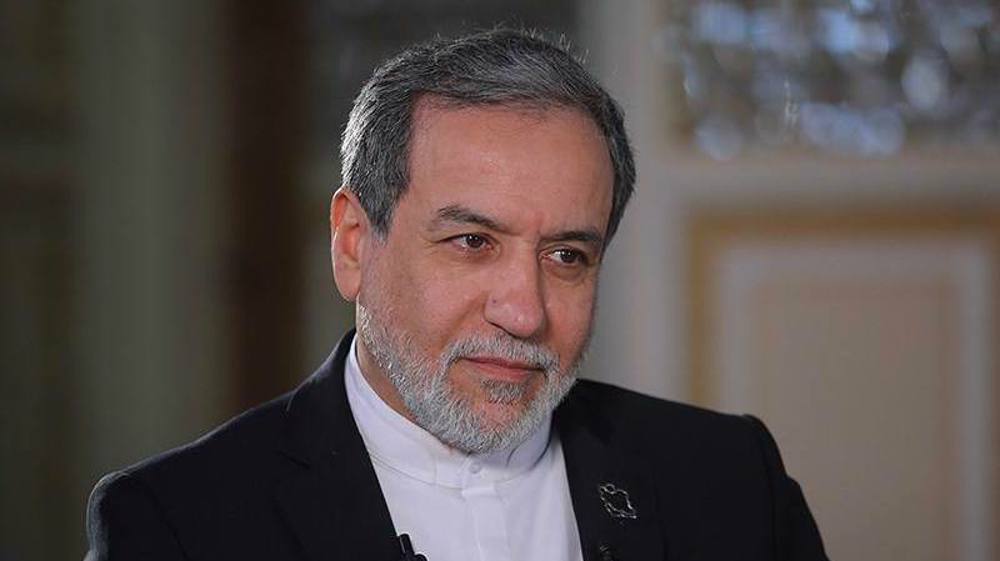
Carnegie cancels Iran FM’s speech under ‘orchestrated pressure’ from Israel lobby: Report
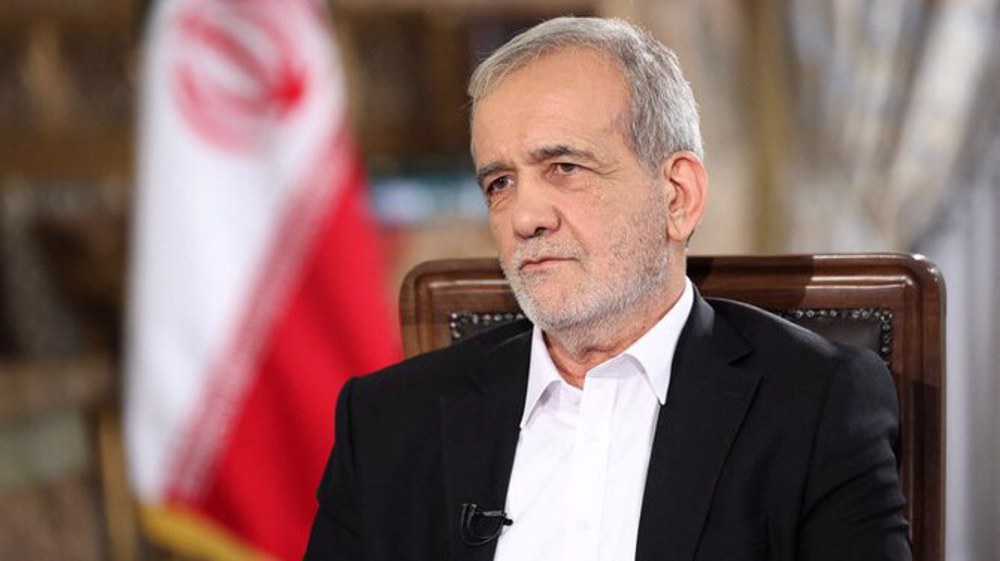
Iran president, foreign minister offer condolences over death of Pope Francis
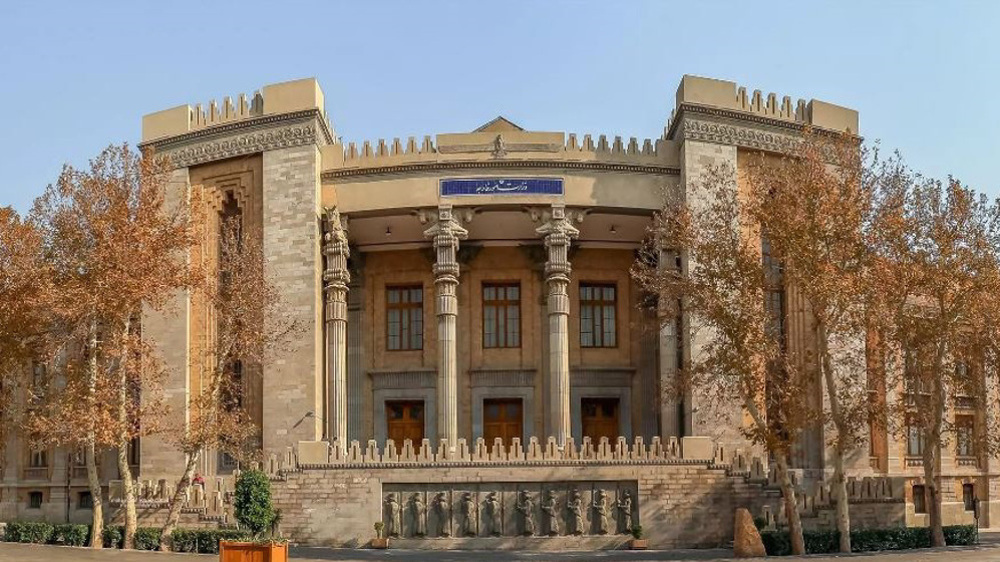
Iran says removal of ‘unlawful’ sanctions 'main demand' in every negotiation
VIDEO | Press TV's news headlines
VIDEO | Pope Francis dies at 88 after 12 years as Catholic leader
VIDEO | US bombs Yemen’s capital in escalating military campaign
Iran condemns baseless GCC claims on 3 Persian Gulf islands
At least 65 Palestinians killed inside Israeli prisons
VIDEO | US deadly aggression vs Yemen
Iran denies US investors will be present in its trade fair
Israeli forces kill three Palestinians in intensified West Bank raids


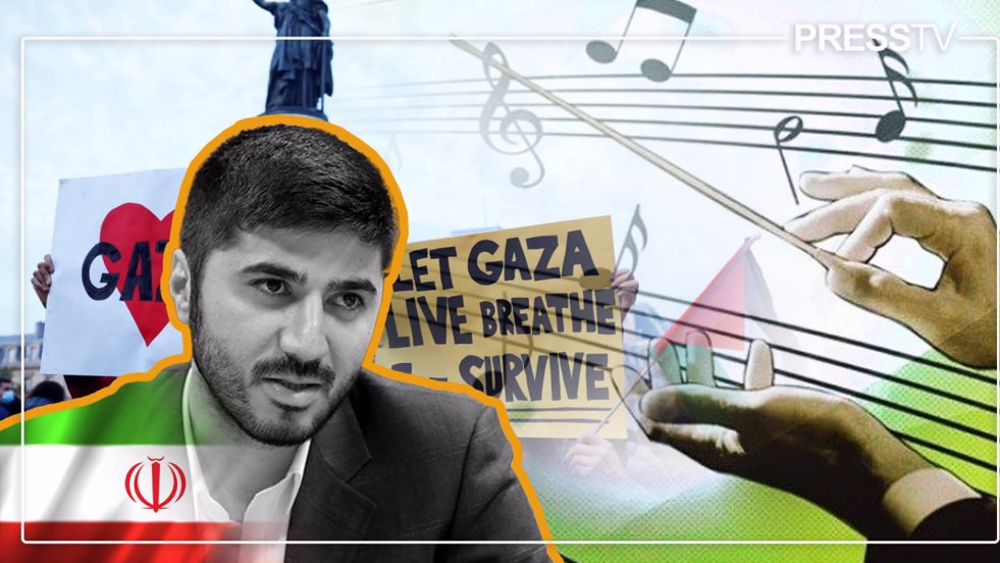






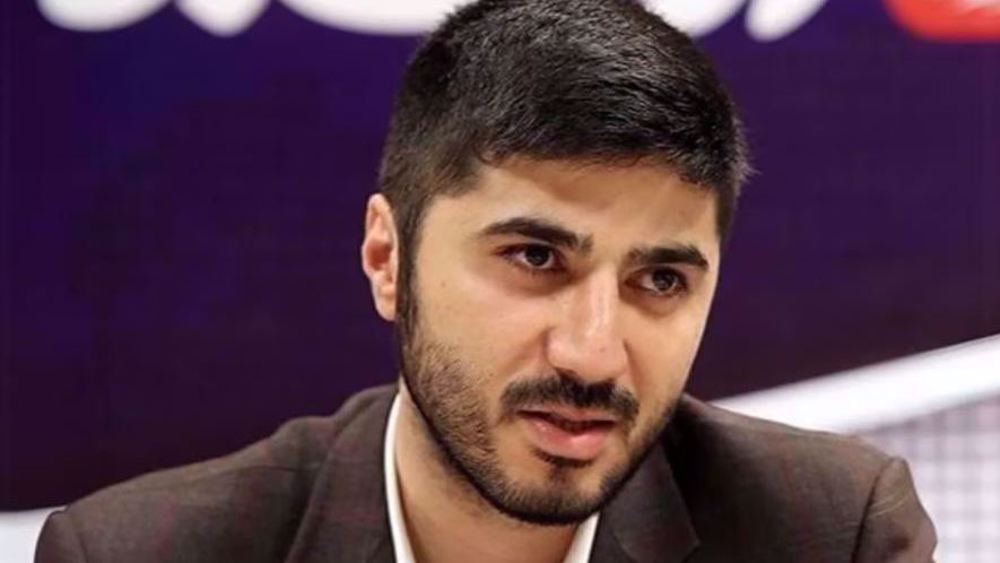
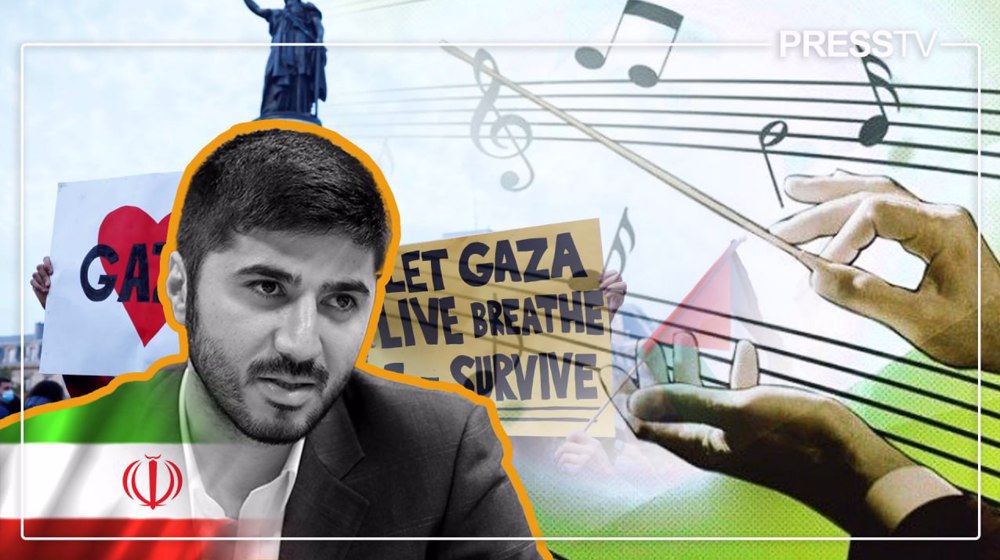

 This makes it easy to access the Press TV website
This makes it easy to access the Press TV website